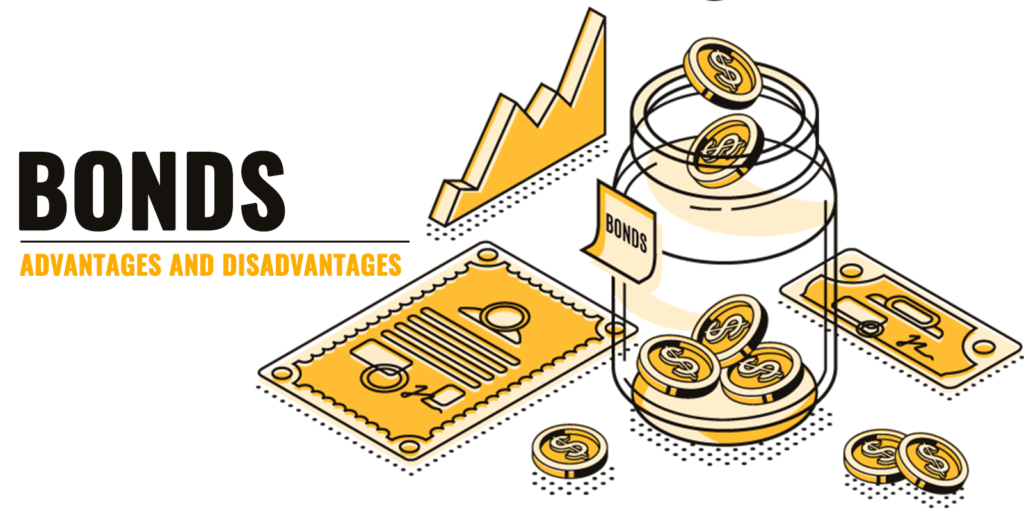The common bond buying mistakes to know
Contents
Do you know the common bond buying mistakes many investors make? Many investors do not take their time to learn deeply about bonds before they invest their funds.
While debt instruments like bonds, notes, and debentures are government and companies’ ways of raising funds, some investors still make some common bond buying mistakes.

What to know about the common bond buying mistakes
Important features of debt securities to help you avoid some common bond buying mistakes include
Coupon rate: this refers to the rate of interest to be paid on the bond.
Maturity date: this refers to the date at which the security will be redeemed.
Call provisions: this refers to the outline of options the government or company may have to buy back the debt later.
Call information: this feature should be understood before you invest your money. If the support interest you got when you bought your bond decline sharply, what happens to you?
While the price of your holding increases, the government or company goes into the market to raise funds at a lower rate.
Whenever the bond is called, the investor might owe a huge tax liability on the gain acquired. This can force the owner to reinvest the money at the prevailing market rate.
The common bond buying mistakes you should know
Ignoring Interest Rate Moves
One of the common bond buying mistakes is when you ignore interest rate moves. Bond price and interest rates have an inverse affair.
When rates increases, bond price decreases, and vice versa. During a bond’s redemption on maturity, you should know that the price of the issue varies as interest rates fluctuate.
Not Understanding the Claim Status
You should know that bonds are different. The senior notes are often supported by collateral, which given the first claim to company assets in case of bankruptcy and liquidation.
We have the subordinated debentures too. You should understand the type of debt you own if the issue you want to buy is speculative.

Believing a Company Is Sound
The assumption that a company is sound because it sells bonds is one of the common bond buying mistakes. That does not guarantee that you will earn a dividend payment.
You should review the financial records of the company first before buying its bonds or security. Check both the income statement, annual net income figure, taxes, depreciation, and other non-cash charges.
Misjudging Market Perception
Bond prices can fluctuate because of the market’s perception. You should consider the issuer’s common stock to understand how it is perceived.
Avoidable common bond buying mistakes
Failing to Check the History
Most investors fail to check the company’s history, which one of the common bond buying mistakes they make. You should look at old annual reports and their past financial performance.
You have read the company’s management discussion and analysis (MD&A) section to learn more about the company.

Ignoring Inflation Trends
You must pay attention to inflation trends because they eat deep into a fixed-income investor’s future purchasing power.
In order to defend against inflation, you should buy a higher rate of return from other investments in their portfolio such as high-yielding bonds or common stocks.
Failing to Check Liquidity
You can check this information from market data/quote services, financial publications, brokers, and the company’s official website.
You should be aware if the company wants to dispose of its position. The stocks and bonds of corporations or well-financed companies tend to be more liquid than those of smaller companies.
These common bond buying mistakes can be avoided if you learn about them through different means. You assume nothing when it comes to buying bonds. Buy with facts to save you from losing money.


